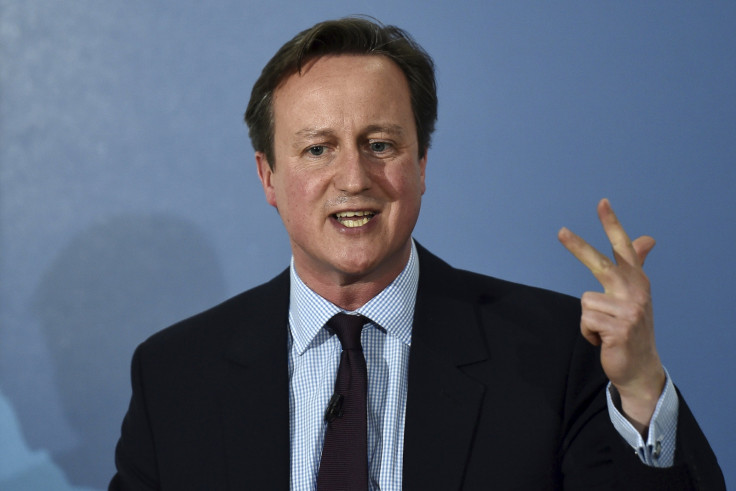UK Election: David Cameron presents plans for first 100 days

Setting out a plan for his first 100 days in office, British Prime Minister David Cameron will put wages, housing and childcare at the centre of the Conservative agenda.
The Tory leader has announced the introduction of a new law guaranteeing that anyone who works a 30-hour week on the minimum wage will be exempt from income tax by 2020, if the Conservatives win the 7 May election outright.
Cameron's other measures would include the referendum on whether Britain should remain in the European Union (EU), the creation of 3 million apprenticeships, reinforcing protection for small businesses, reducing the benefits cap to £23,000 and establishing work requirements for young benefit claimants.
The PM would also introduce a housing bill which would enable 1.3 million housing association tenants an opportunity to buy their homes at a reduced price, in a similar policy to Margaret Thatcher's 'Right-to-Buy' scheme.
"The first 100 days of a majority Conservative government will continue to put working people front and centre of our economic plan – offering security at every stage of life," Cameron said.
"For the last five years, our priority has been clearing up the mess left by Ed Miliband's Labour Party, and now our country is on the right track with 2 million more people in work.
"For the next five years, we will turn our long-term economic plan into a plan for you and your family, cutting your tax bill, helping with childcare, creating more jobs, offering more young people the chance to own their own home, and guaranteeing security in retirement."
The Labour Party has said that the biggest economic threat to the country would be Britain's exit from the EU and has ruled out holding an in-out referendum.
Other Tory measures would include legislation forcing "coasting" schools to accept new leadership and the doubling of free childcare for three and four-year-olds to 30 hours a week.
Current polling shows a tight race between the two main political parties for the lead and the probability of either party securing the 326 seats required for an outright majority looks increasingly unlikely.
© Copyright IBTimes 2025. All rights reserved.





















